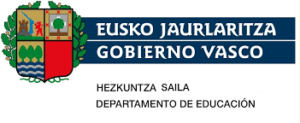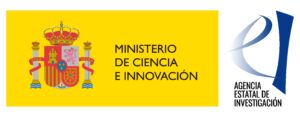MENDindi – Understanding uncertainties and their role in the coproduction of indigenous knowledge about the “grafting of glaciers” for water security: the case of High Mountain Asia
In the High Mountain region of Asia, the work of adapting to climate change presents a major challenge both now and in the future, particularly in issues concerning water management, and the continuing degradation and loss of glaciers. While scientific knowledge on the subject is still limited, local cultures, which are themselves the most vulnerable to climate change, maintain ancestral knowledge on the cultivation of artificial glaciers, which can help ensure water security. But being able to apply these solutions will depend not only on the technical and physical knowledge of how to graft glaciers and implement them at scales that can make a difference to water flows in the region, but also on the coordination and possibilities of the local communities who will be affected by these changes. The main objective of MENDindi is to identify what are the most important sources of uncertainty associated with the local practice of glacier grafting as an integral part of water management in the Karakoram and Western Himalayan ranges, considering that there are knowledge deficits as well as many different and valid ways of knowing. To achieve this end MENDindi will adopt a conceptual framework of uncertainties that recognises that uncertainty refers not only to knowledge deficits of epistemic and ontological origin, but also to the differences in interpretation that different actors give to reality and the resulting ambiguities. In this conceptualisation, ambiguity constitutes a distinct type of uncertainty, arising from the simultaneous presence of multiple valid and sometimes conflicting ways of understanding a system and framing its problems. MENDindi will identify uncertainties in knowledge co-production associated with glacier grafting and also strategies for dealing with them in the Karakoram and Western Himalayas. The project hopes to return recommendations to local communities that are practical and aimed at improving their water management in the short, medium and long term.
Start date: 11/08/2022 End Date: 10/08/2024
Funding: Grants for the implementation of Basic and/or Applied Research Projects for the period 2022-2024 (PIBA 2022; Basque Government)
Coordinator: Prof. Marcela Brugnach (BC3)
Key people involved in BC3:




